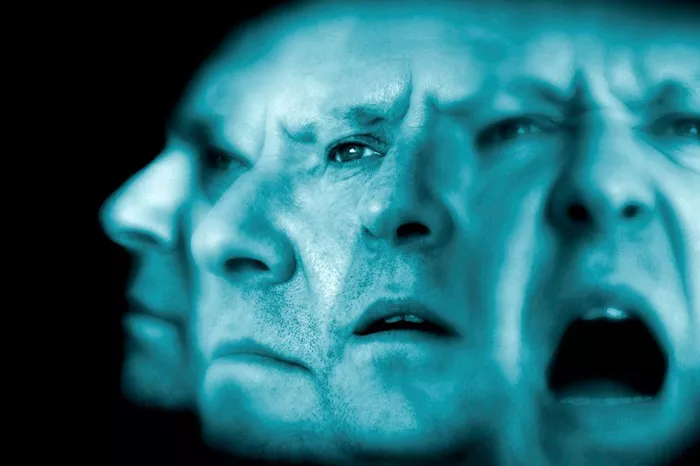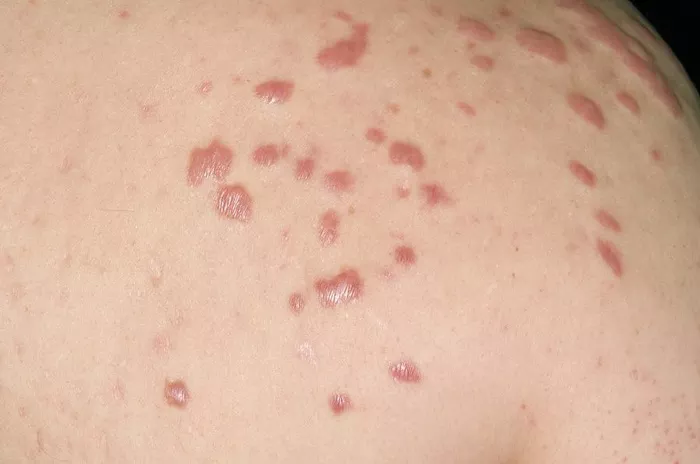Schizophrenia is a complex mental health disorder that affects millions worldwide. While it is often associated with severe symptoms like hallucinations and delusions, many individuals experience milder symptoms that significantly impact their lives. Recognizing these mild symptoms early can lead to better management and improved outcomes. This article explores the mild symptoms of schizophrenia, their impact, and management strategies.
Overview of Schizophrenia
Schizophrenia is a chronic brain disorder characterized by cognitive, behavioral, and emotional dysfunctions. Typically emerging in late adolescence or early adulthood, schizophrenia can be divided into positive symptoms (e.g., hallucinations, delusions), negative symptoms (e.g., apathy, social withdrawal), and cognitive symptoms (e.g., impaired memory, attention).
Mild Symptoms of Schizophrenia
Mild symptoms of schizophrenia are subtle and easily overlooked but can significantly impact daily life. They include early warning signs, cognitive symptoms, negative symptoms, and subtle positive symptoms.
Early Warning Signs
Early warning signs are subtle indicators that may precede more severe symptoms:
Changes in Thought Patterns: Unusual or disorganized thinking, difficulty concentrating, and connecting thoughts logically.
Suspiciousness or Paranoia: Mild but persistent feelings of being watched or talked about.
Social Withdrawal: Declining social interactions and a preference for solitude.
Emotional Flatness: Reduced emotional expression or limited range of emotional responses.
Neglect of Personal Hygiene: Decreased personal care, such as not bathing regularly or wearing the same clothes repeatedly.
Cognitive Symptoms
Cognitive symptoms affect memory, attention, and problem-solving skills:
Memory Problems: Difficulty remembering recent events or tasks, leading to forgetfulness in daily life.
Impaired Attention: Struggling to focus on tasks or conversations.
Executive Dysfunction: Problems with planning, organizing, and executing tasks.
Negative Symptoms
Negative symptoms involve a decrease or absence of normal behaviors and functions:
Apathy and Lack of Motivation: Indifference towards life and lack of drive to pursue goals.
Anhedonia: Inability to experience pleasure from previously enjoyable activities.
Social Withdrawal: Further decline in social interactions and preference for isolation.
Reduced Speech Output (Alogia): Speaking less frequently and with less content.
See Also: What Is the Cross Trainer Good For?
Subtle Positive Symptoms
Positive symptoms, though often severe, can manifest mildly:
Mild Hallucinations: Fleeting auditory or visual hallucinations.
Delusional Thoughts: Unusual beliefs or ideas that are not entirely implausible but irrational.
Thought Insertion or Withdrawal: Feeling that one’s thoughts are influenced by external forces.
Impact of Mild Symptoms
Mild symptoms can significantly impact various aspects of life:
Academic and Occupational Performance: Cognitive impairments and negative symptoms hinder performance in school or work.
Social Relationships: Social withdrawal, apathy, and reduced emotional expression strain relationships.
Daily Functioning: Mild symptoms make routine activities more challenging.
Mental Health: Persistent mild symptoms contribute to increased stress, anxiety, and depression.
Diagnosis and Early Intervention
Recognizing and diagnosing schizophrenia early, even when symptoms are mild, is crucial for effective intervention.
Diagnostic Process
Diagnosis involves clinical interviews, psychological testing, medical evaluations, and observation.
Importance of Early Intervention
Early intervention leads to better long-term outcomes by preventing symptom escalation, improving functioning, enhancing quality of life, and reducing stigma.
Treatment and Management of Mild Symptoms
Effective management of mild symptoms involves medication, therapy, lifestyle changes, and support systems.
Medication
Antipsychotic medications manage schizophrenia symptoms, including mild ones:
Atypical Antipsychotics: Preferred for their lower risk of severe side effects.
Medication Adherence: Ensuring consistent medication use is crucial.
Therapy and Counseling
Psychotherapy is essential for addressing mild symptoms and preventing progression:
Cognitive Behavioral Therapy (CBT): Helps challenge distorted thinking patterns and improve coping strategies.
Social Skills Training: Improves communication, social interactions, and problem-solving skills.
Family Therapy: Involves family members to provide support and improve understanding of the disorder.
Lifestyle Changes
Promoting a healthy lifestyle can positively impact managing mild symptoms:
Regular Exercise: Improves mood, reduces stress, and enhances cognitive function.
Healthy Diet: Supports overall mental health, with nutritional interventions like increasing omega-3 fatty acids and reducing sugar intake.
Sleep Hygiene: Ensures adequate and regular sleep, crucial for mental well-being.
Support Systems
Building a strong support network is vital for individuals with schizophrenia:
Peer Support Groups: Connecting with others who have similar experiences can reduce feelings of isolation and provide practical advice.
Community Resources: Accessing mental health organizations and support services for additional assistance and guidance.
Conclusion
Understanding the mild symptoms of schizophrenia is essential for early detection and effective management. These subtle signs can significantly impact an individual’s life, but early recognition and treatment can lead to better outcomes. By combining medication, therapy, lifestyle changes, and robust support systems, individuals with schizophrenia can manage their symptoms and improve their quality of life.
[inline_related_posts title=”You Might Be Interested In” title_align=”left” style=”list” number=”6″ align=”none” ids=”10096,9943,10031″ by=”categories” orderby=”rand” order=”DESC” hide_thumb=”no” thumb_right=”no” views=”no” date=”yes” grid_columns=”2″ post_type=”” tax=””]


































